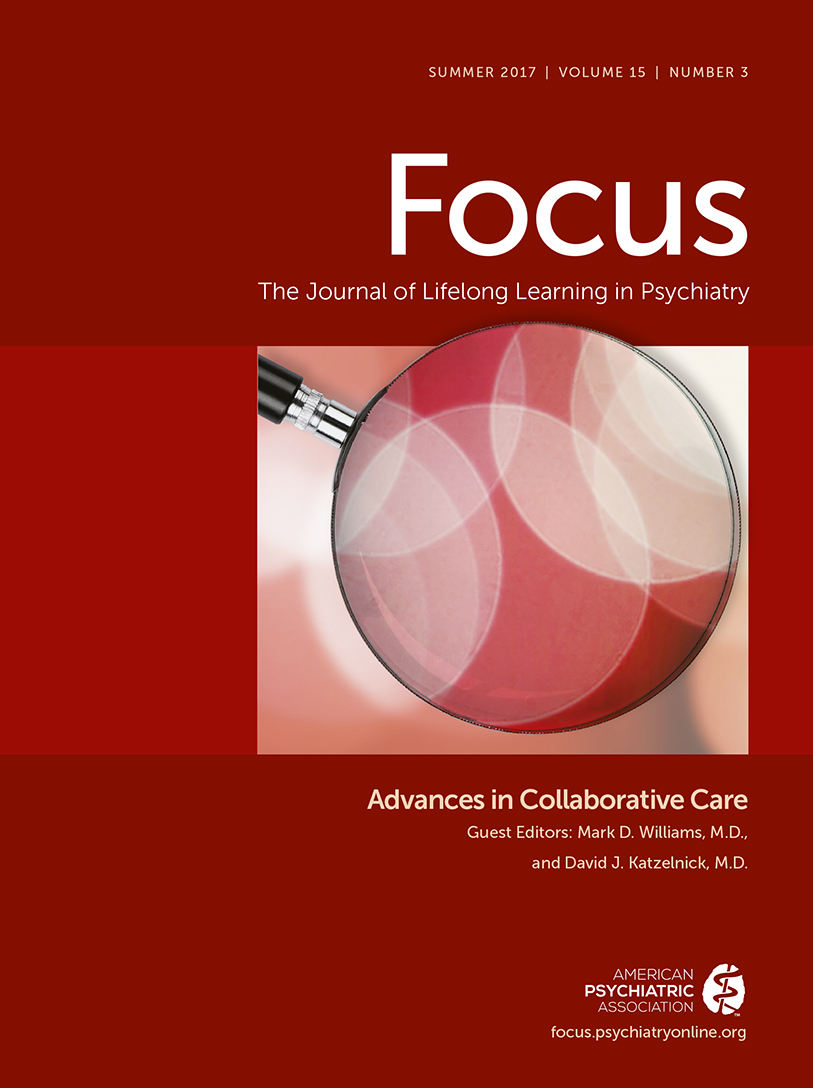Caring for Patients With Chronic Physical and Mental Health Conditions: Lessons From TEAMcare and COMPASS
Abstract
Depression is one of the leading causes of disability worldwide. It often coexists with other chronic conditions, contributing to poor self-management and subsequent poor health outcomes, increased service utilization and cost of care, and poor quality of life. Most patients with depression seek care in primary care settings. Patients given collaborative care for depression alone or for depression with commonly co-occurring general medical conditions have demonstrated improved outcomes. This article reviews findings from the TEAMcare (an integrated multicondition collaborative care program for chronic illnesses) and COMPASS (Care of Mental, Physical and Substance-Use Syndromes) programs to highlight the evidence supporting the effectiveness of the collaborative care model and its implementation in diverse settings.



